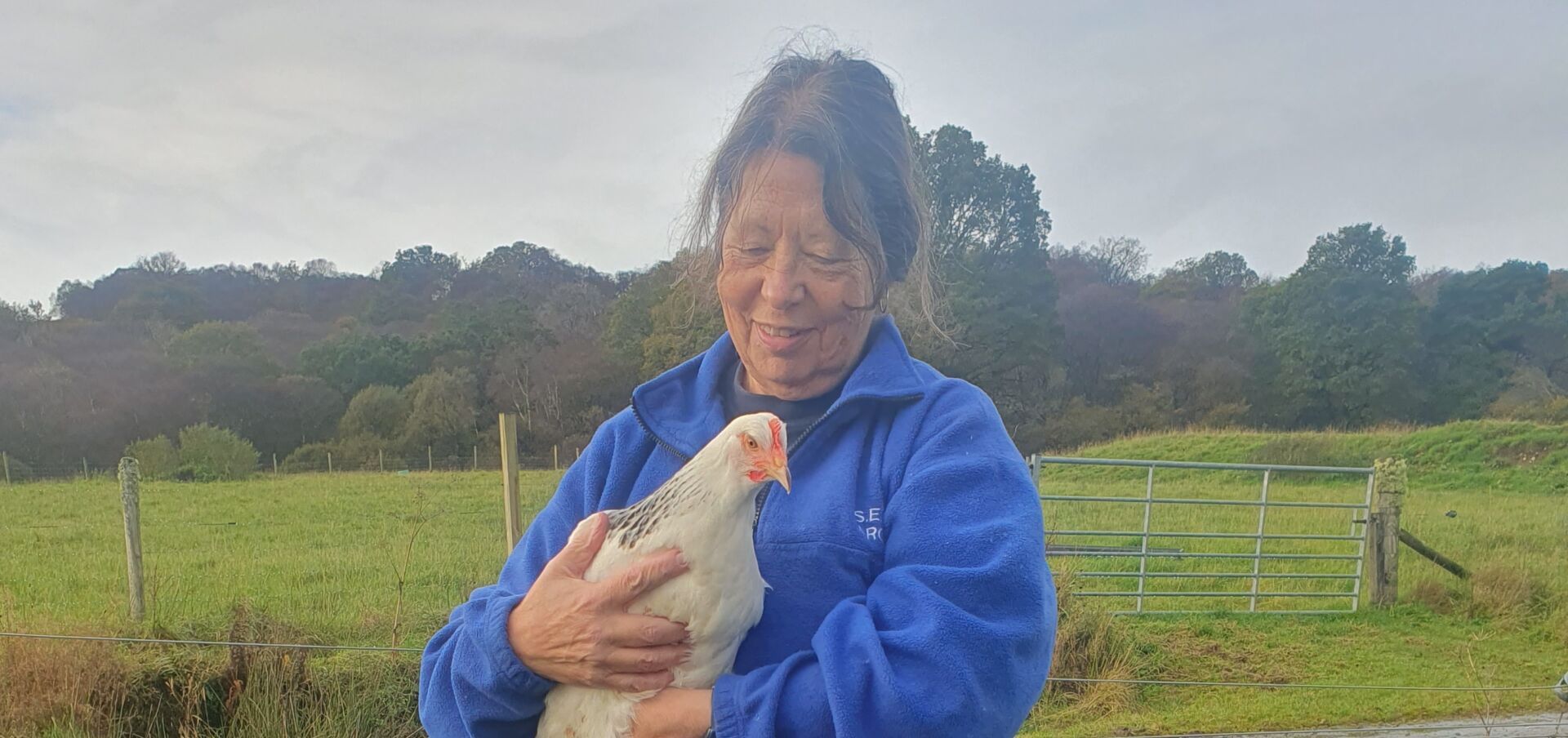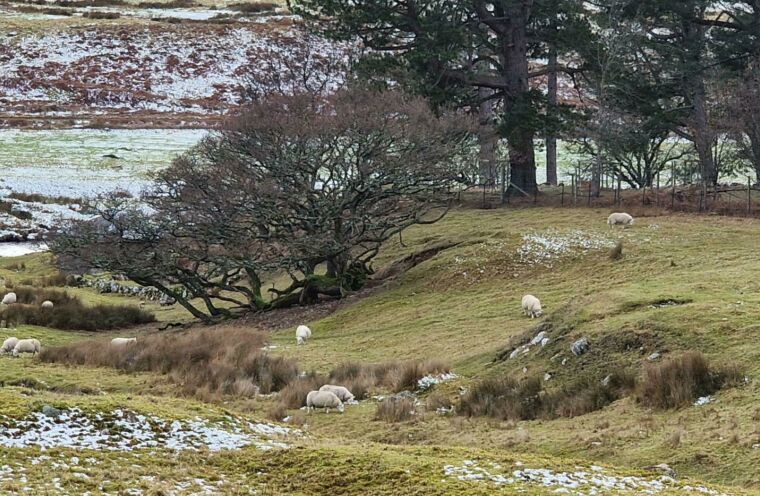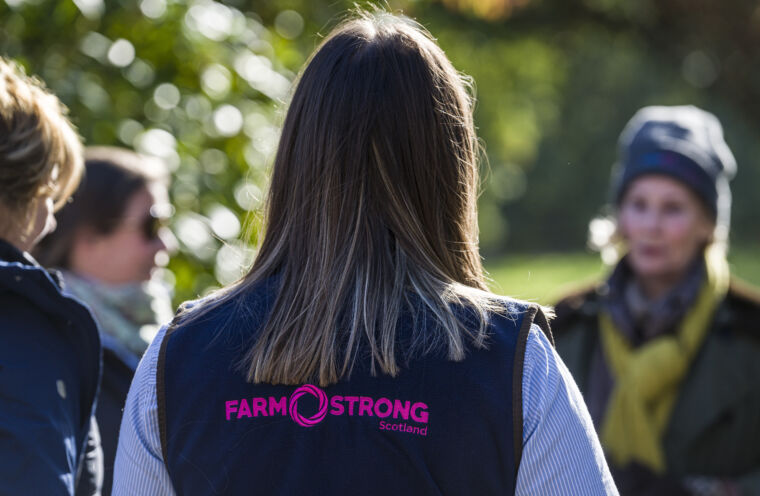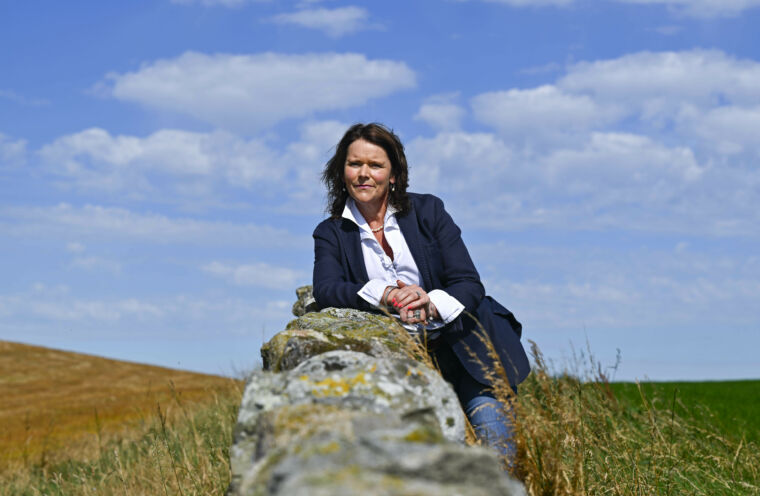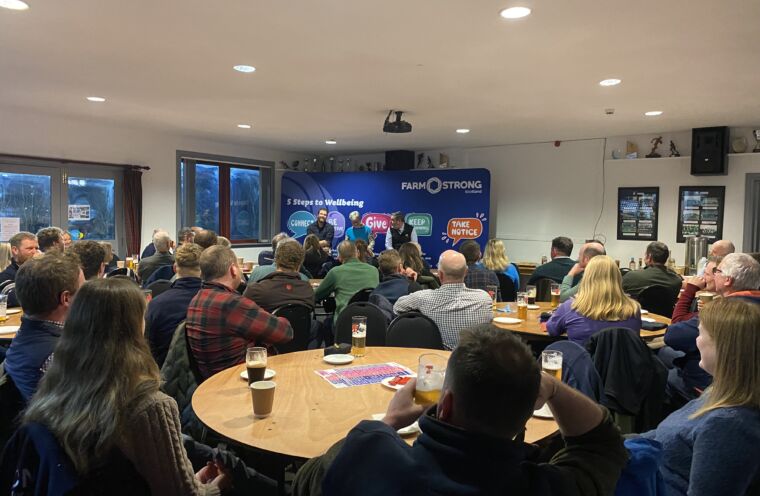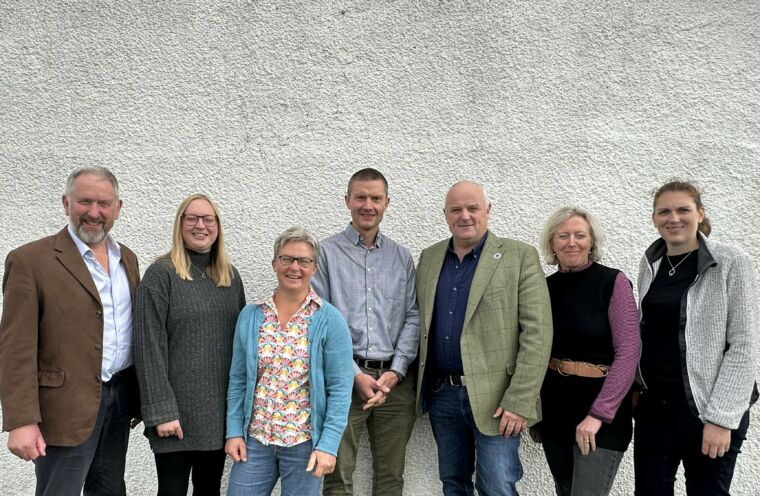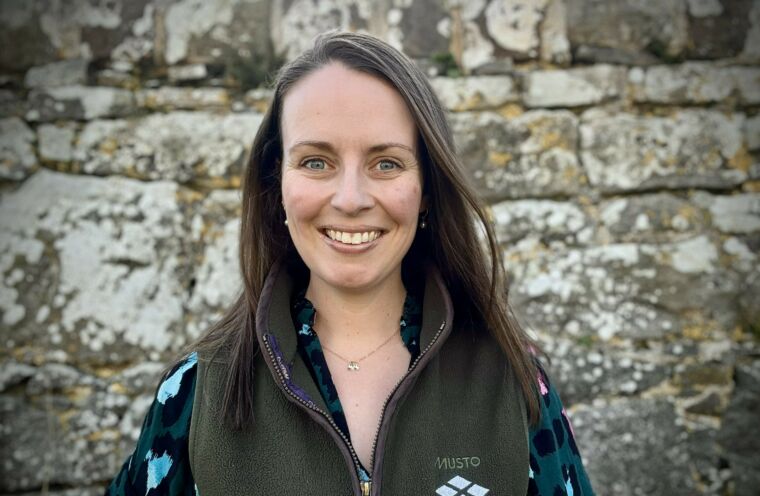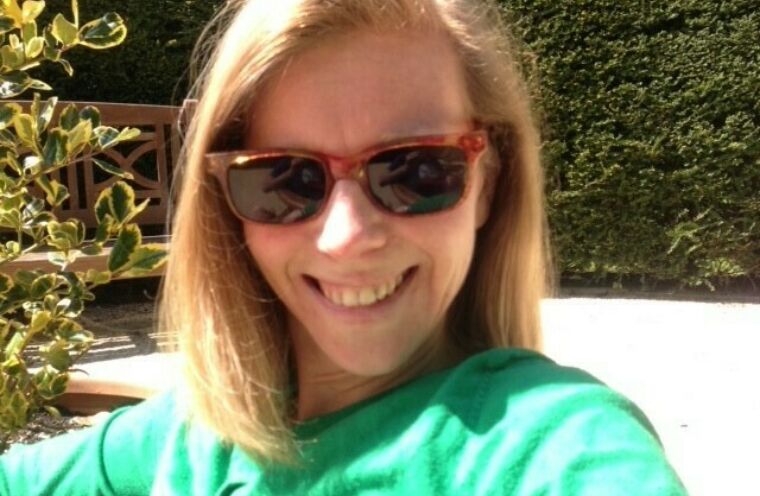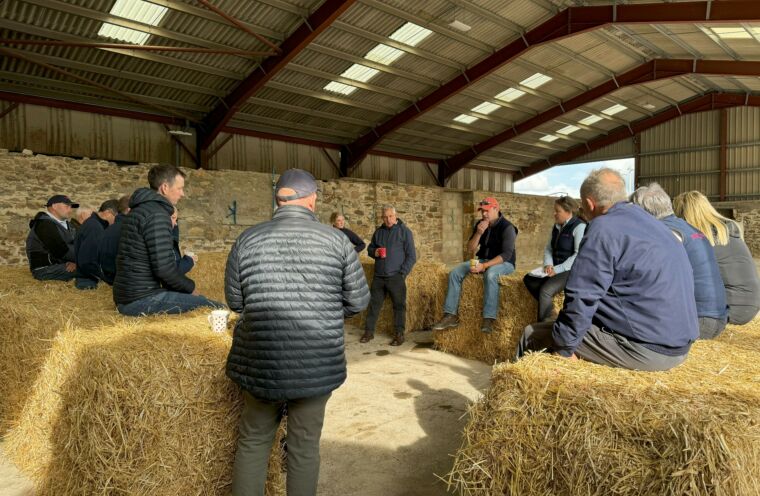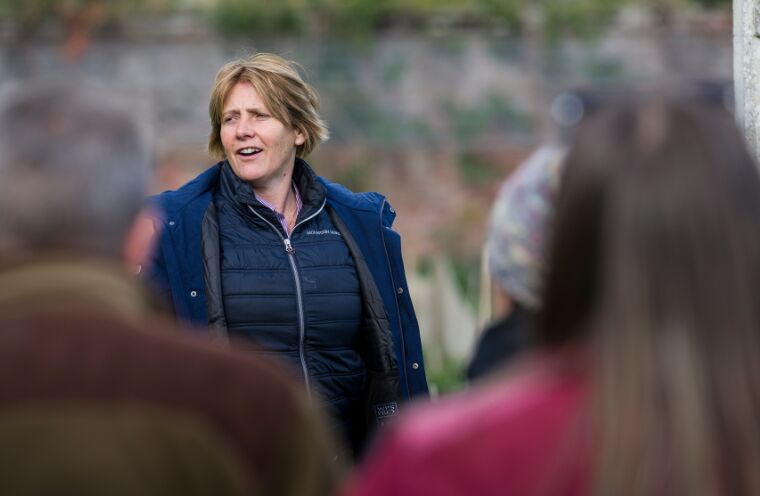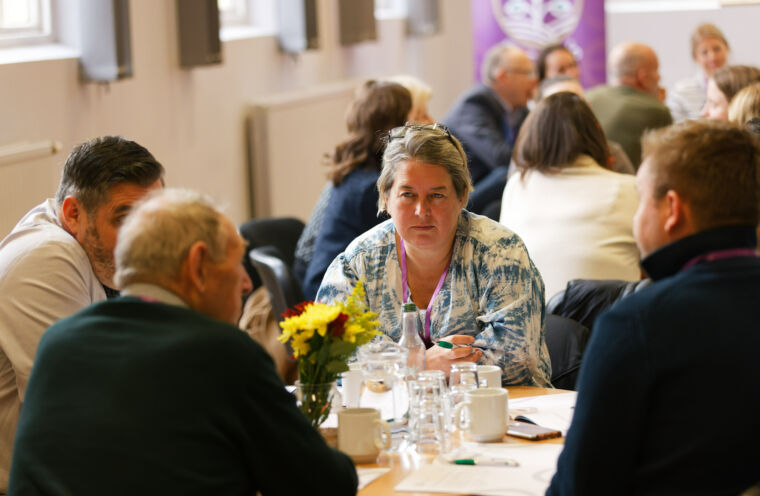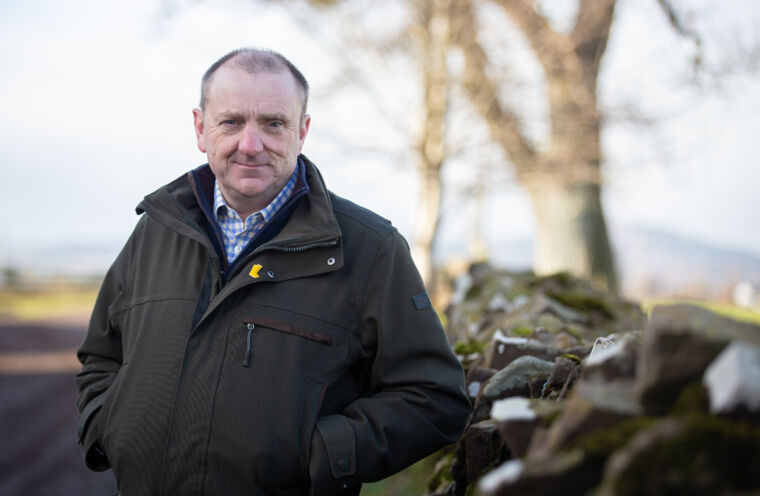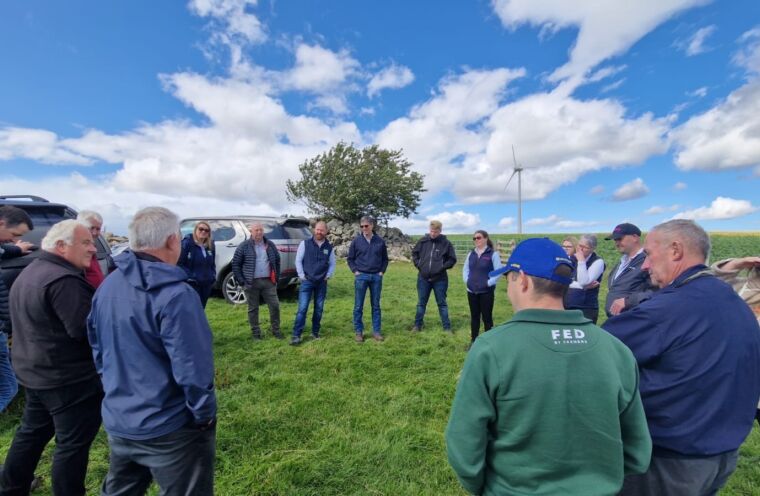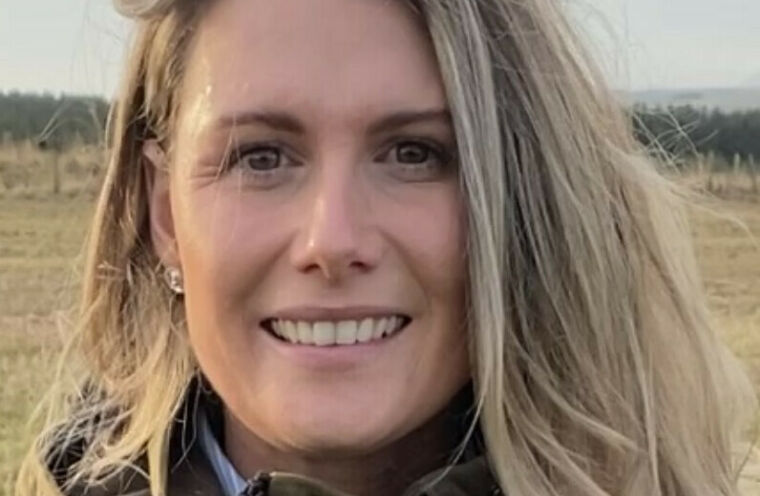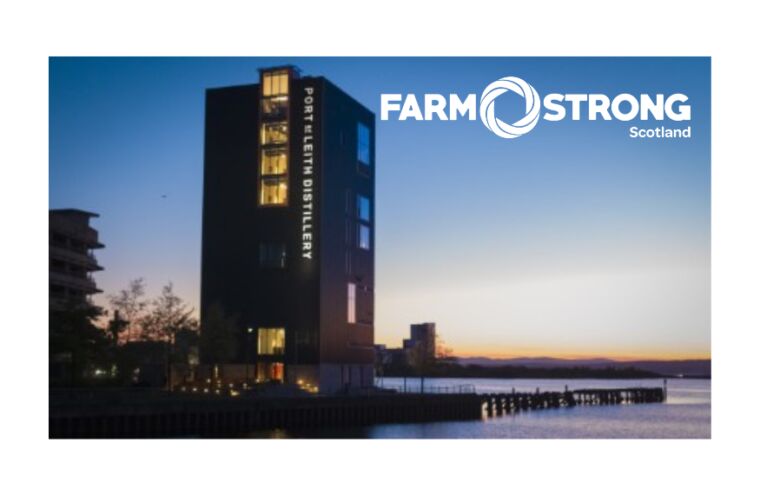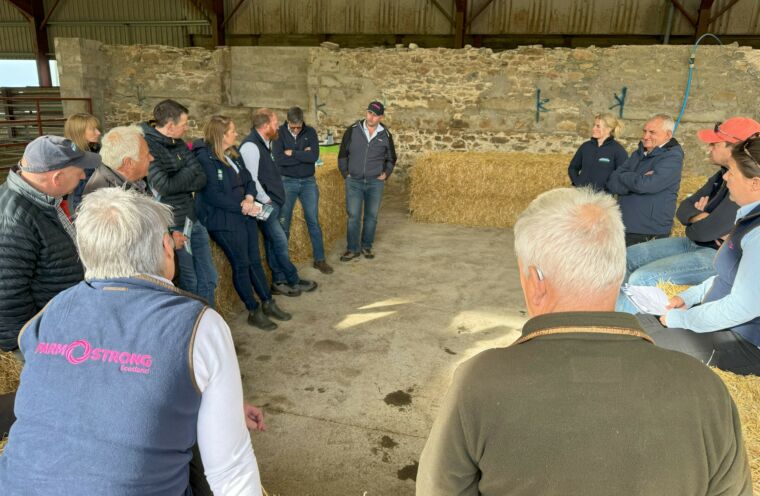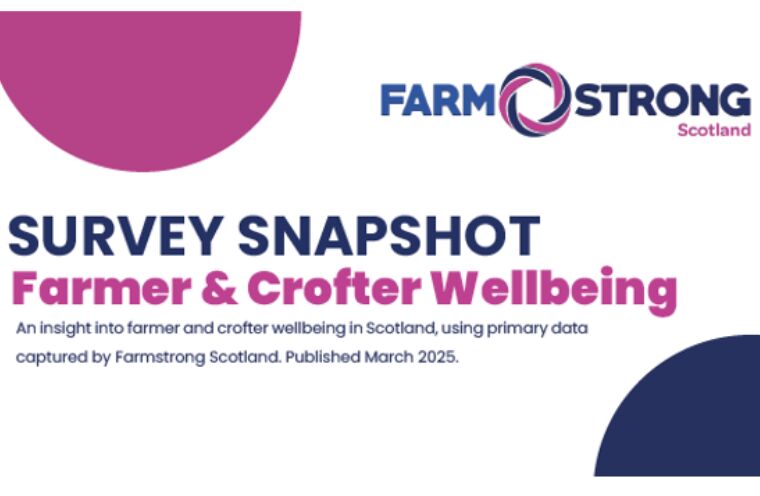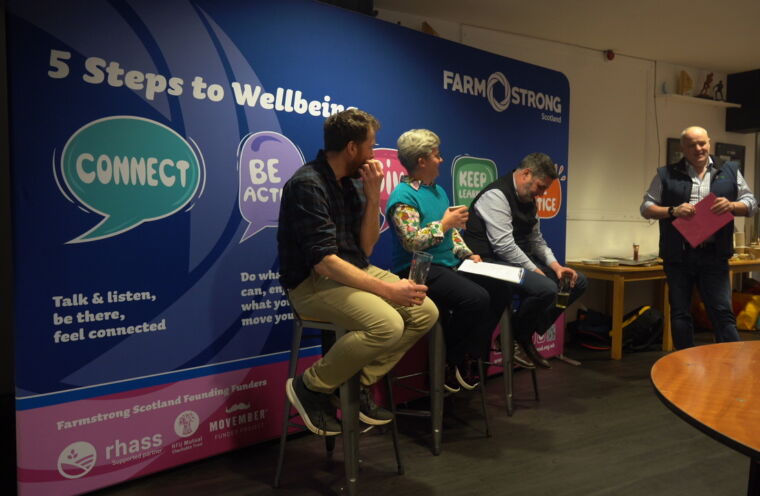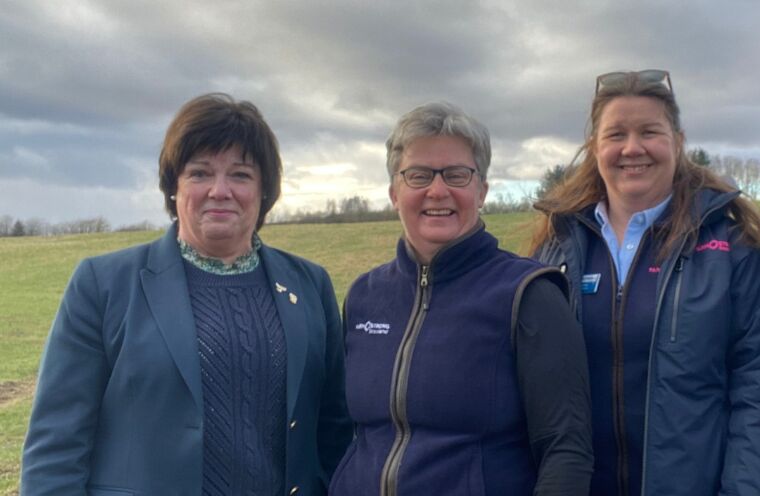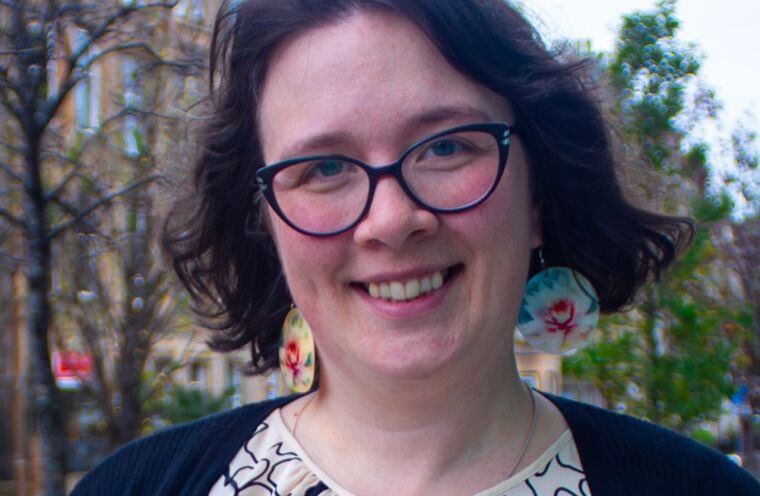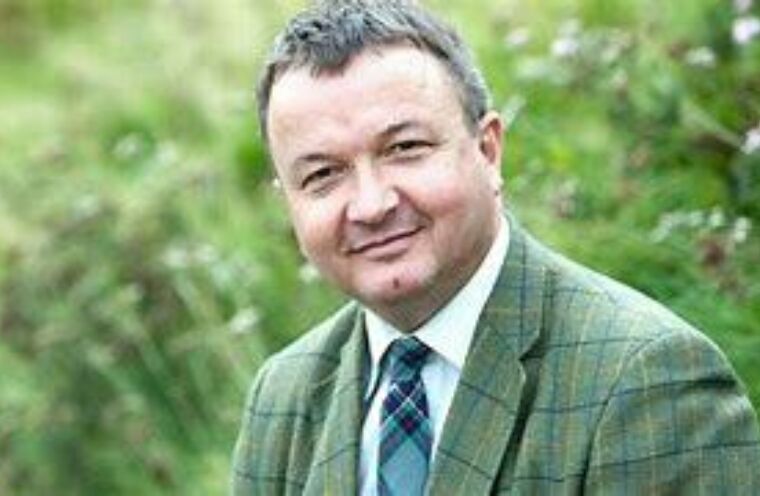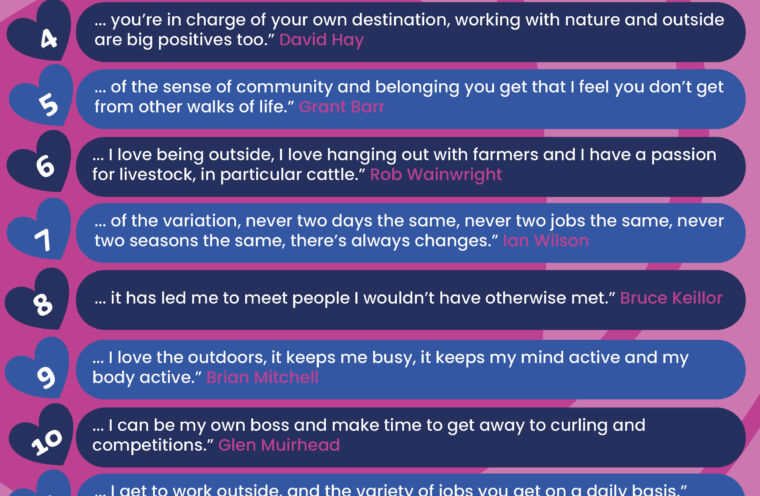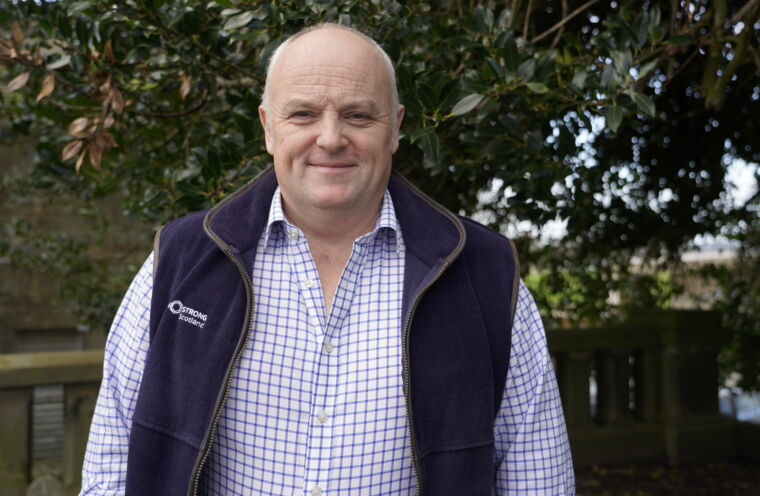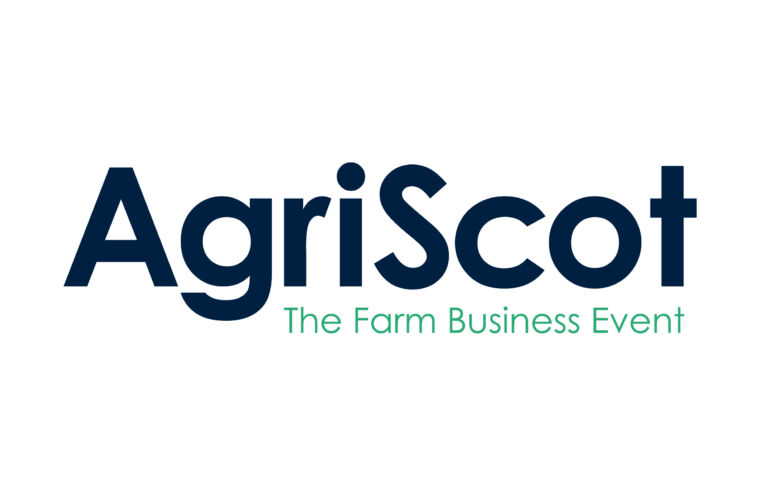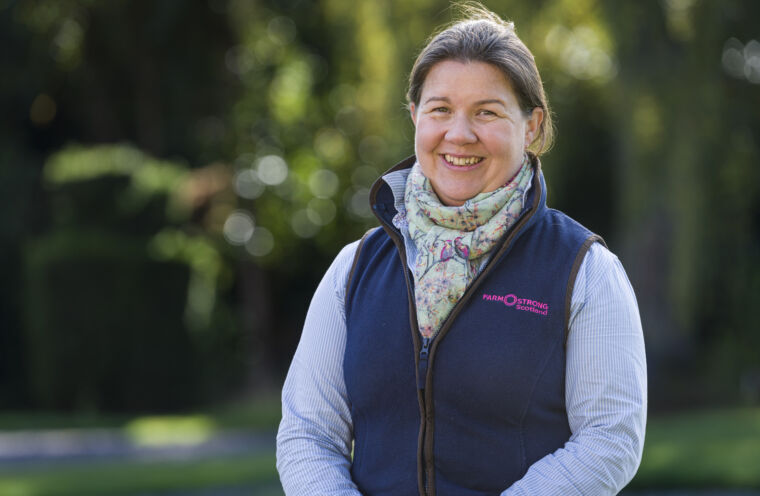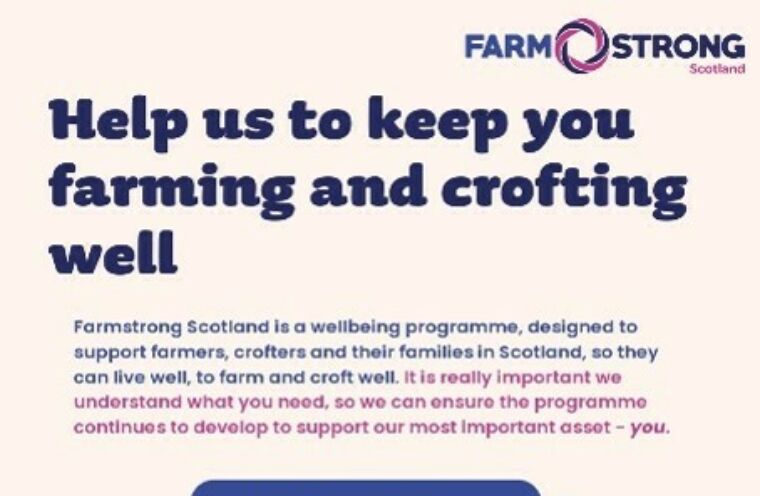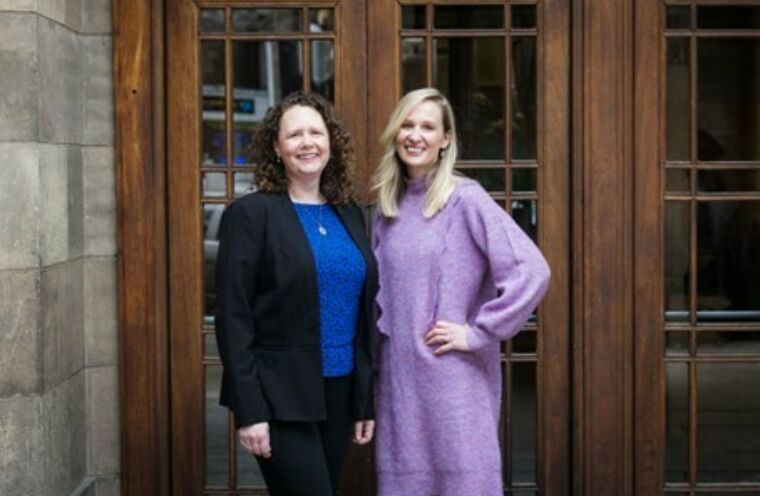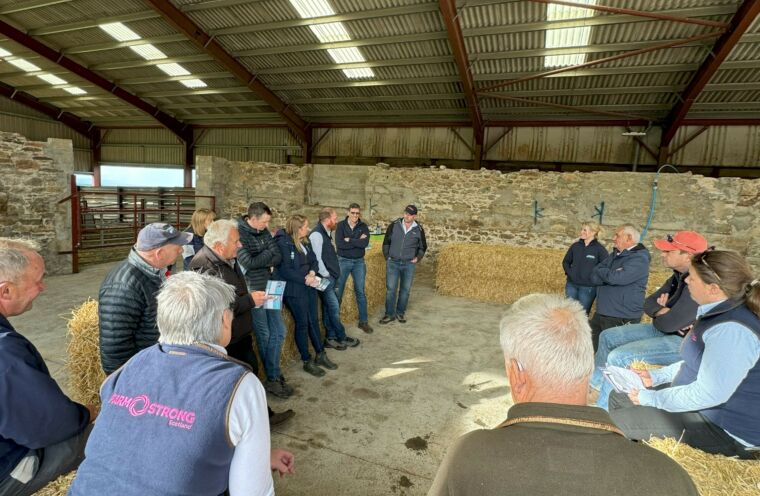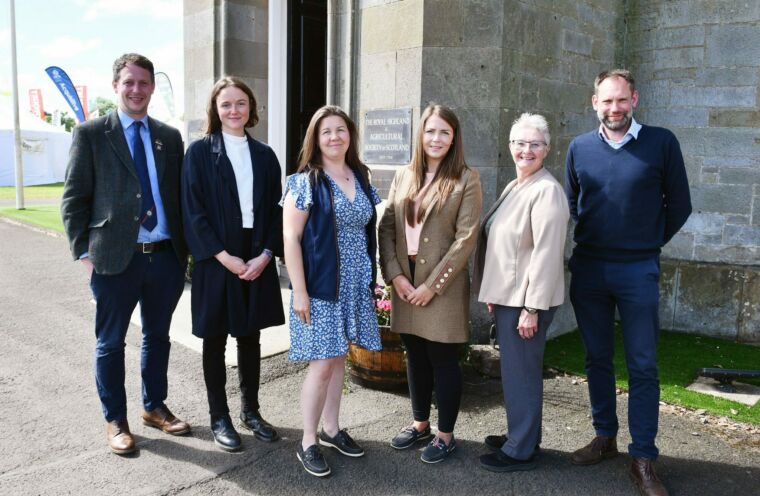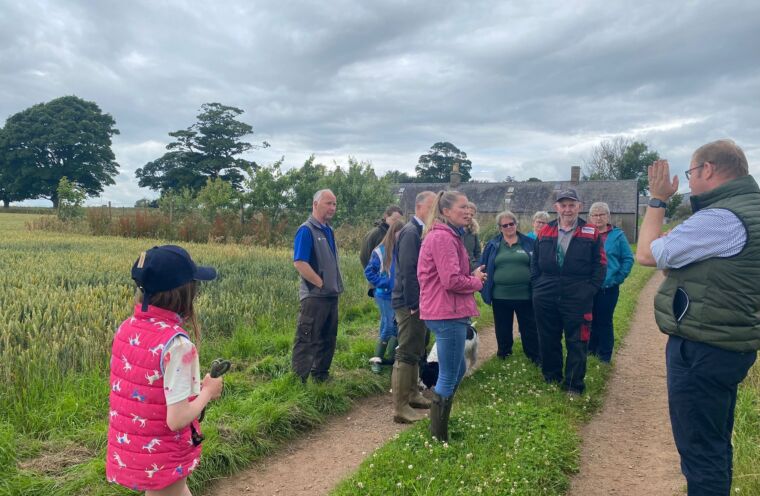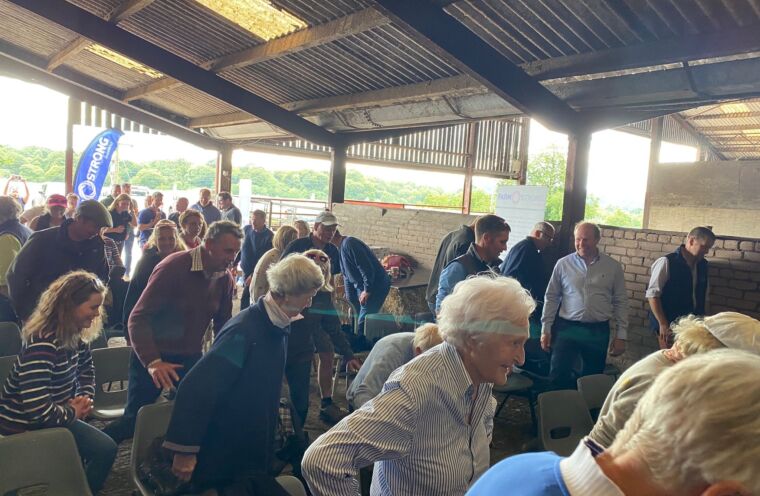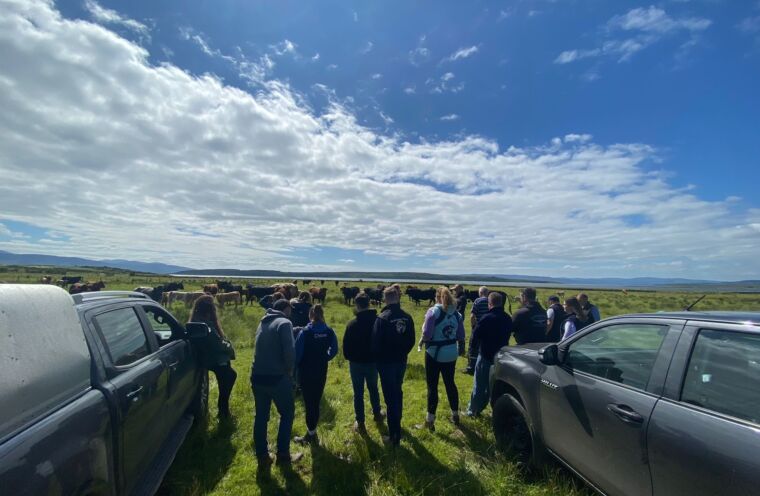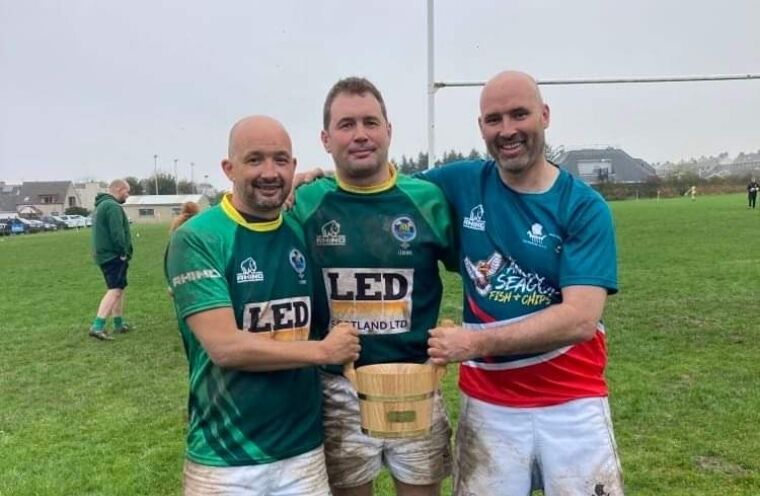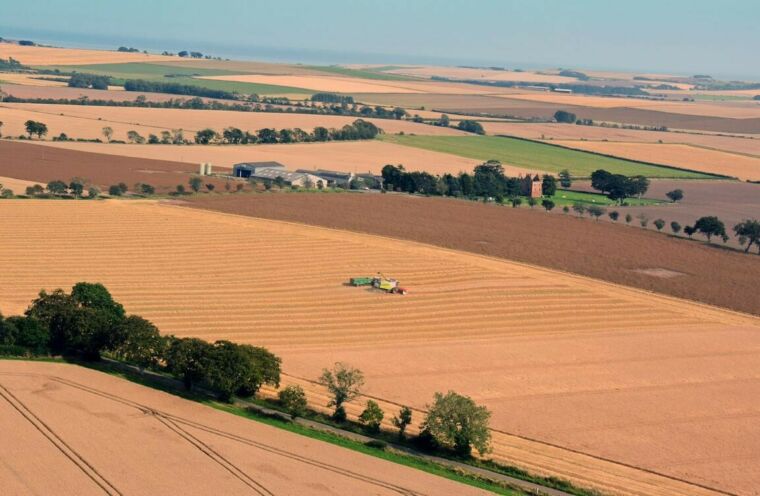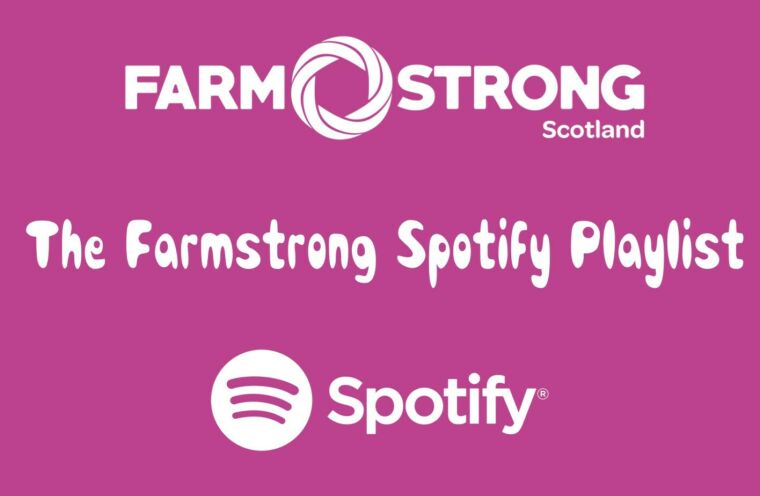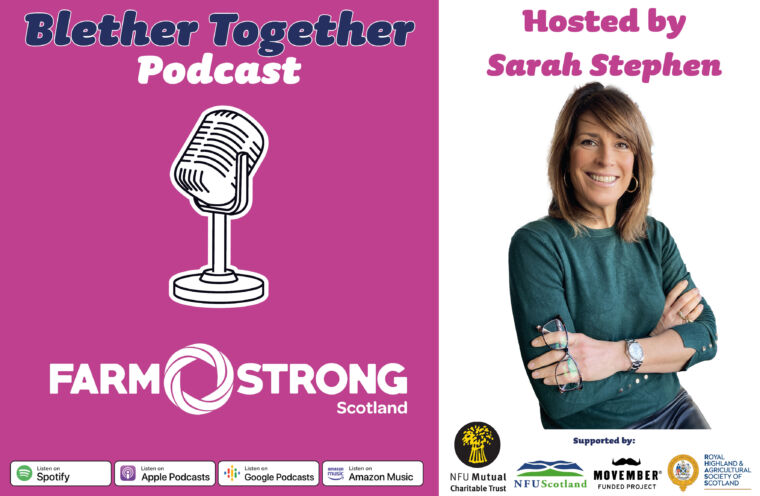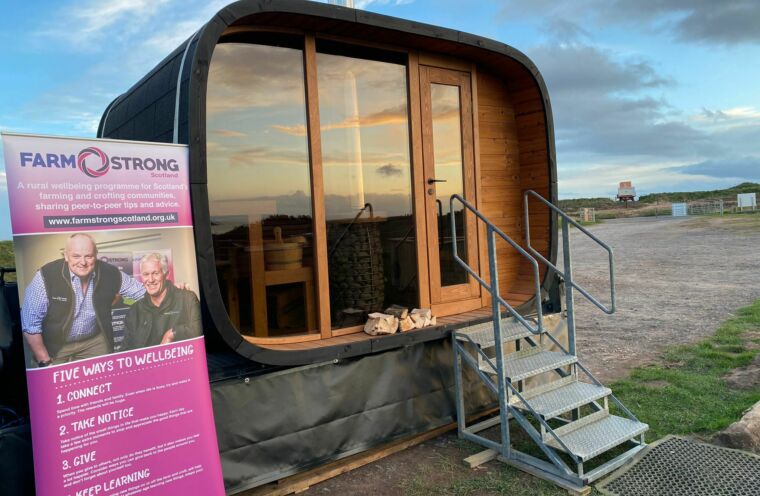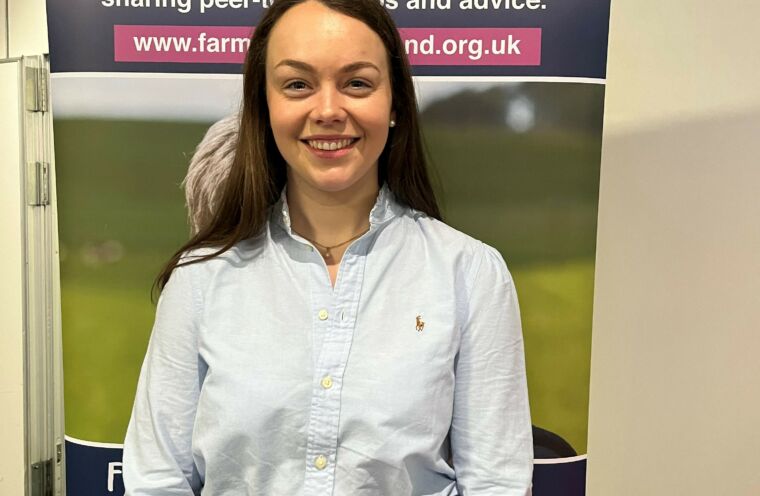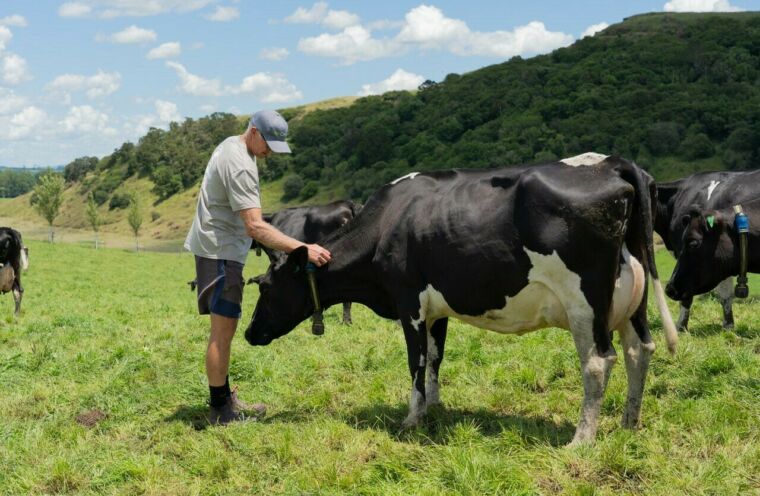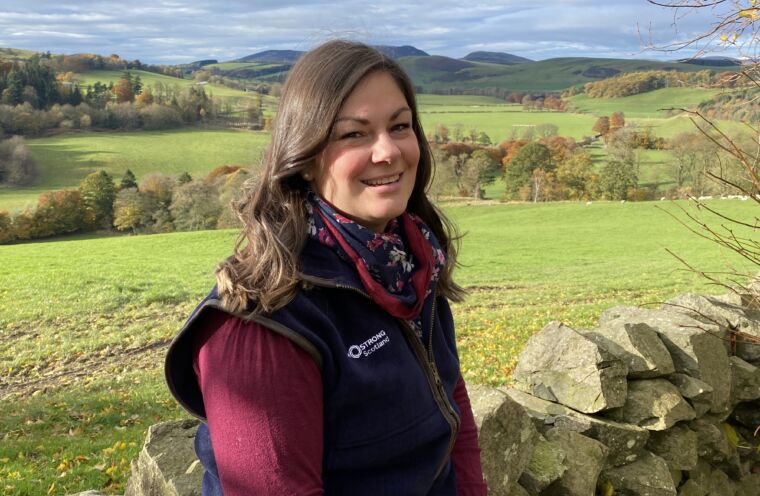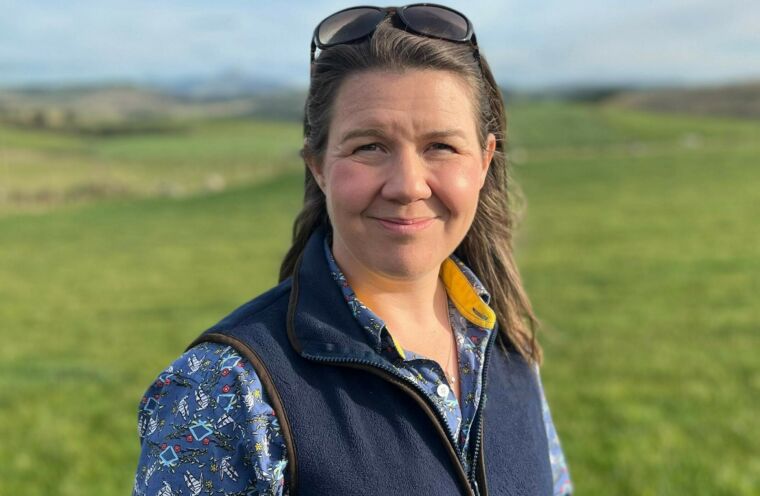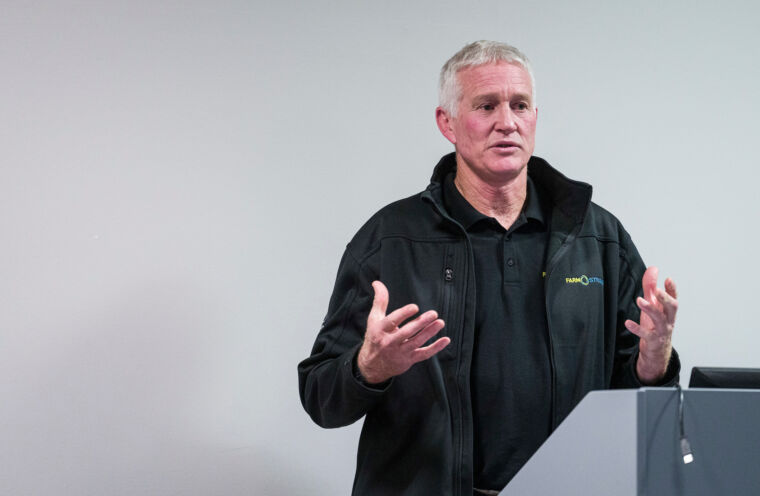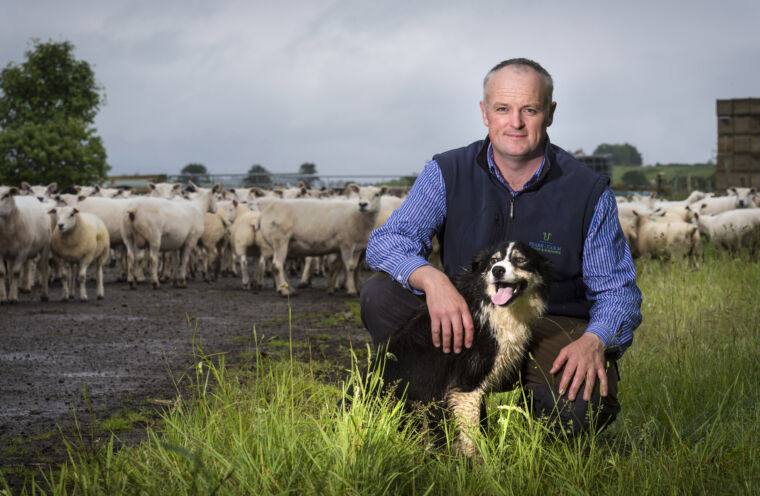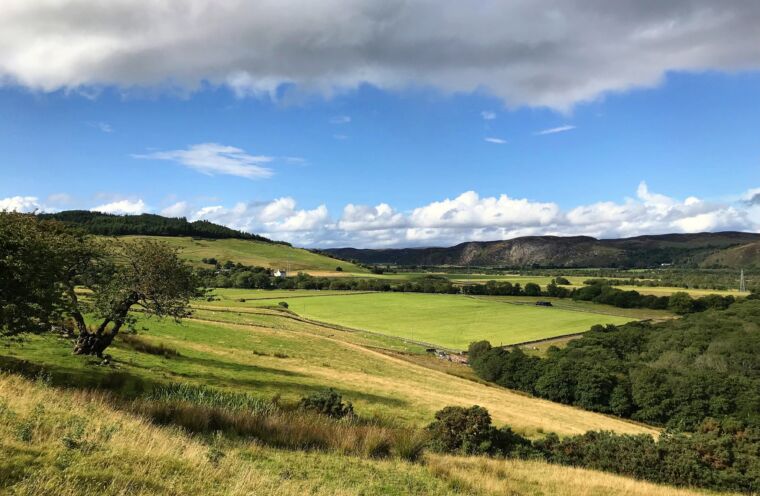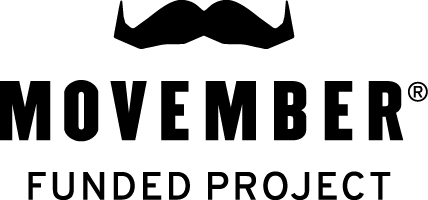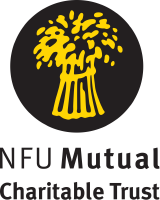Guest Blog: Sheila Ogilvie, Argyll Crofter & Dr Laura Wyness, Registered Nutritionist and author of Eating Well for Menopause
At 68, Sheila Ogilvie is a busy lady running her croft in Argyll alongside her husband, working with sheep, horses, and laying hens across their 4.5-acres. A retired nurse with over 40 years in the health service, Sheila knows a thing or two about looking after others. But like many farming women, looking after herself during menopause took a bit more figuring out.
A quiet transition
Twenty years ago, when Sheila was going through perimenopause, there wasn't much chat about menopausal symptoms. "I think I probably had a fairly easy perimenopause and menopause," she reflects. But even with her nursing background, navigating HRT was complicated.
"There was a lot of uncertainty some years back on the facts around taking HRT, so I just didn't feel that was for me at the time," Sheila explains.
Symptoms that couldn't be ignored
Fast forward to about two years ago. Sheila started noticing something different – muscle weakness and joint pains that were hard to brush off when you're running a croft and riding horses.
"I just assumed because I was so much post-menopausal that I wasn't a candidate for HRT," she says. But her GP practice had a menopause specialist who changed her thinking.
"She presented me with the facts and figures and put them across in an understandable way," Sheila remembers. "Even with my professional background, it's quite different when you're talking about something that involves your own health rather than someone else's."
After starting HRT about 18 months ago, Sheila noticed real improvements, particularly with palpitations that had worsened after Covid. "They kind of freaked me out a bit, although I knew logically, they weren't anything to worry about," she admits. "But they were quite disturbing, and the joint pains were really quite debilitating. It was good to get relief from them."
The turning point: Discovering nutrition's role
While HRT helped with some symptoms, Sheila discovered that nutrition played a crucial part in managing her wellbeing during menopause. “For someone running a croft, eating well isn't just about health – it's about having the energy and strength to get the work done.
“When you’ve been busy all day it can be easy to do whatever is most convenient which meant we were tending to choose less healthy options. Now, I make an effort to batch cook and freeze and then that is our convenient option on the busier days. It’s a nice feeling just being able to grab something healthy and homecooked out of the freezer. If you can find time, I’d really recommend trying that, even if you aren’t menopausal!”
Expert insight: Why nutrition matters for menopause
Reviewing your diet around menopause is useful to ensure you're optimising your nutrition, as eating well can support bone health and heart health, help manage weight, and ease menopausal symptoms,” says nutritional expert Dr Laura Wyness.
“The decline in oestrogen during the menopause transition impacts the body in many ways, including the gut microbiome. Studies have shown that after menopause, women tend to have less diversity of microbes in their gut compared to pre-menopausal women. A healthy and diverse gut microbiome helps support hormone balance and can ease menopausal symptoms. "Since the majority of the body's serotonin, 'the happiness hormone', is produced by gut microbes, a healthy gut microbiome helps support mood and may help manage anxiety, and improve sleep.”
What to eat
Dr Wyness continues: “Eating a diet with a variety of vegetables, fruit, wholegrains, beans, nuts and seeds will provide your gut microbes with beneficial fibre. Currently, only 2% of UK adult women aged 19-64 meet the 30g a day fibre recommendation. Eating seasonal produce is likely to lead to more variety in your diet, as well as tasting better. Eating a rainbow of fruit and vegetables provides beneficial nutrients and phytonutrients that have antioxidant and anti-inflammatory activity in the body which will naturally help relieve menopause symptoms.”
What to limit
Dr Wyness recommends that foods high in added sugar, refined carbohydrates and ultra-processed foods that are high in salt, fat and sugars are best to try and limit or avoid as they can lead to an imbalance of microbes in your gut. For example, biscuits, fizzy drinks, crisps and sugary breakfast cereals.
Making it work on the croft
For Sheila, managing nutrition alongside crofting life means planning ahead and using what's available. “Growing my own vegetables when I can, using my freezer wisely, and having wholesome food ready to grab makes all the difference when we’re busy with stock.”
"We feel really strongly about maintaining crofting lands in Argyll and working it the way it was intended to be worked," Sheila says. That same philosophy extends to looking after herself – doing things properly, even when it takes a bit more effort.
The message: Our health is worth looking after
The message from Sheila is clear. “Whether HRT is right for you, or nutrition changes, or both, the key message is simple; we all deserve to feel well. HRT isn’t for everyone but it just means looking at all the other options for optimising good health. Nutrition, sleep, exercise and managing stress are, in my opinion, every bit as, if not more, important.
"I was really lucky to have a GP menopause specialist in the practice," Sheila says. “If you're struggling with symptoms, it's worth asking if your practice has someone with specialist knowledge or requesting a referral as it has transformed my day-to-day living.
“When it comes to eating well, I’m a big believer that if your body is well your mind is well too, we sometimes forget they are connected and how we treat one will impact the other, positively too.”
Learn more
Sheila's story is just one of many from farming women navigating menopause. Over the last few weeks, Farmstrong has been sharing information, experiences, and practical advice to help you understand your options and feel supported.
Check out our other menopause content on the Wellbeing Hub to hear more stories, get expert advice, and find out what's worked for other women in the farming community. You're not alone in this, and there's plenty of ideas that might help you feel better.
For more details on Dr Laura Wyness, you can visit https://www.laurawyness.com/

